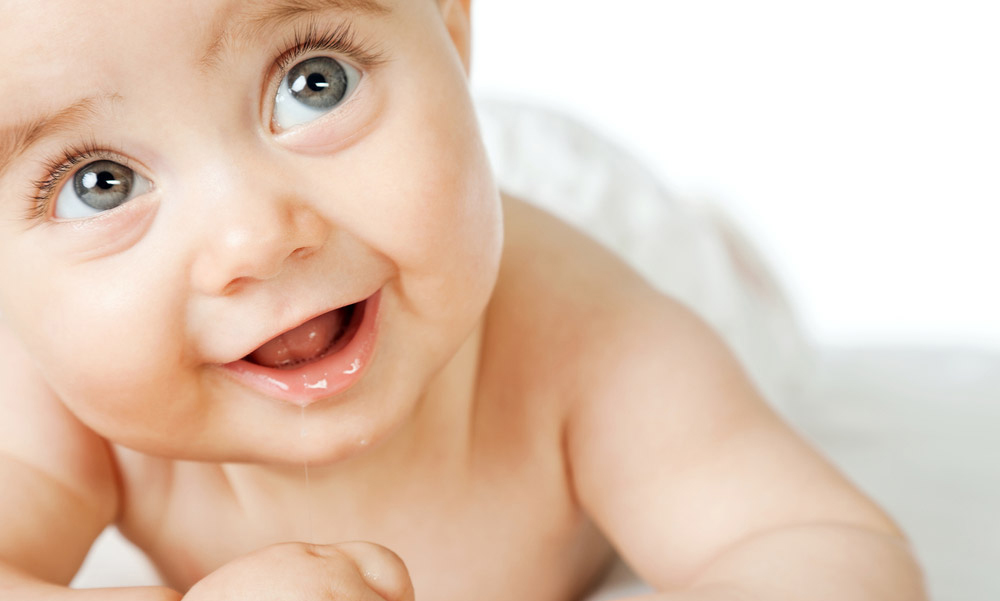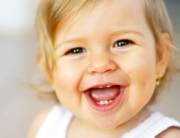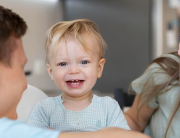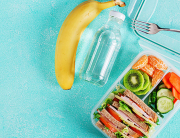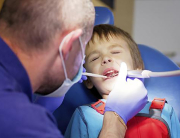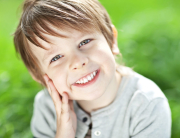Babies and toddlers are at just as much risk of dental decay as an older child or adult, so caring for your baby’s teeth needs to begin at birth. By establishing good oral hygiene habits early, your child will be well equipped to have healthy teeth for life.
Even before your baby’s teeth appear, you should gently wipe their gums with a moistened soft cloth once a day. Once your baby’s primary teeth start to appear, you should use a toothbrush specially designed for babies, with a small head and soft, rounded bristles to gently massage their teeth and gums. Up to the age of 18 months, your baby’s teeth should be brushed with plain water, once a day after the last feed in the evening.
Tooth brushing for your baby can be done more easily with them lying on a bed or change table. The time taken to brush can be increased slowly until the baby is able to tolerate a two minute brushing as a toddler.
Once your toddler has become accustomed to brushing and during their third year, introduce brushing teeth twice a day – in the morning after their breakfast and in the evening just before bed.
There are special low-fluoride toothpastes that have been developed for young children. These can be introduced from around the age of 18 months – read the directions on the toothpaste for age suitability. Only a smear of toothpaste is needed, and encourage your child to spit out the excess toothpaste.
If your child isn’t able to spit out after brushing. continue using a smear of low fluoride toothpaste and wipe their mouth with a washer or tissue. It’s really important to keep brushing their teeth and there is variability in the age at which children learn to spit out.
Store all toothpastes out of your child’s reach. Some small children love the taste of toothpaste and will eat it if given the chance. Consuming toothpaste can cause dental fluorosis, which is why you need to keep toothpaste out of reach of young children.


